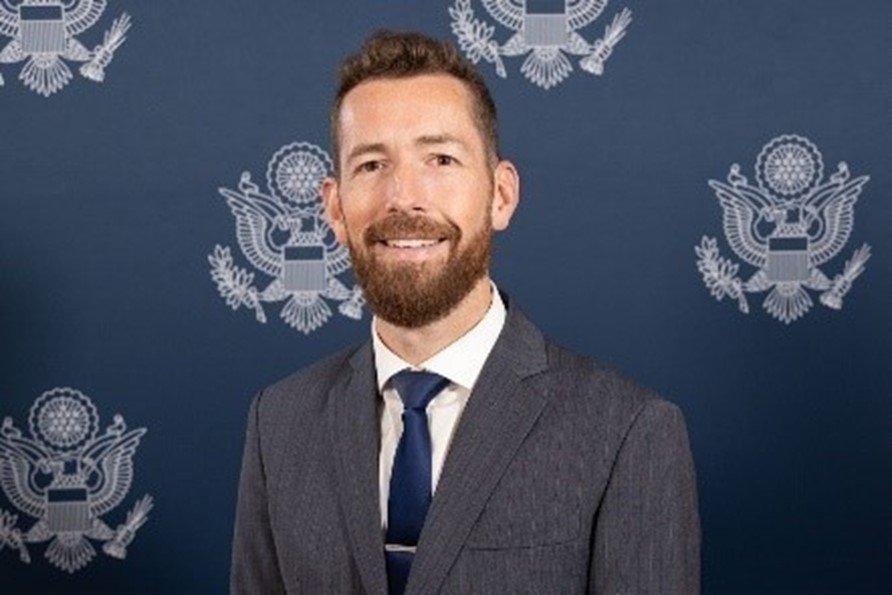How can the EU and the US develop more proactive and comprehensive strategies for the Arctic to counteract the challenges of climate change and guarantee security in the region?
(c) The National Oceanic and Atmospheric Administration/ Unsplash
This MSC side event will examine the Arctic security and defence policies of the US and the EU. Rising geopolitical tensions and the impact of climate change make preserving security and environmental stability in the region imperative. The transatlantic community recognises the significance of these challenges: The US National Security Strategy prioritises maintaining a “Peaceful Arctic”, while the EU’s Arctic strategy acknowledges the rapid changes occurring due to global warming, geopolitical rivalries, and amplified commercial interests. The event will highlight, however, the lack of comprehensive and concrete measures or financial commitments to achieve the stated objectives. We will also discuss authoritarian regimes' growing subversive activities and interests, such as Russia’s military buildup and China’s “Polar Silk Road.” By scrutinising the strengths and weaknesses of these policies, we seek to inform strategy-making processes and enhance their efficacy in addressing evolving geopolitical challenges, protecting our interests, and fostering stability and cooperation in the Arctic.
The event will raise awareness of the Arctic's importance for transatlantic security, the critical role of climate change, and its implications for the global order. Participants will gain a comprehensive understanding of existing EU, NATO, and US strategies in the Arctic region, as well as their strengths and weaknesses in counteracting the security challenges emanating from Russia and China.
Meet our speakers
-
Clara Ganslandt, Special Envoy for Arctic Matters and Head of the Western Europe /Arctic /Regional Division at the European External Action Service, will offer insights into the EU’s approach to the Arctic region, drawing on her expertise in non-proliferation, disarmament, and various foreign policy domains.
-
Michael Georg Link (FDP) holds the office of Coordinator for Transatlantic Inter-Societal, Cultural and Information Policy Cooperation at the Federal Foreign Office since 2022.
-
Nicolas Jouan, a defence and security analyst at the RAND Corporation focusing on arms production, European defence and regional geopolitics, will provide valuable expertise on the geopolitical dynamics and defence strategies of the Arctic region.
-
Mike is one of two Senior Advisor, Office of the Ambassador-at-Large for Arctic Affairs, U.S. Department of State. He has been a Foreign Service Officer since at the State Department since 2011.
Previously he served as the Political-Military and External Affairs Unit Chief at the U.S. Embassy in Warsaw, Poland (2020-2023). Previously he served as an assistant to the Ambassador at the U.S. Embassy in Kabul, Afghanistan (2018-2019), a Political-Military Officer at the U.S. Embassy in Seoul, South Korea (2015-2018), a Consular Officer in Beijing, China (2013-2015), and A Human Rights Officer in Abuja, Nigeria (2011-2013).
-
Zdenek Rod is a research and teaching fellow at the University of West Bohemia, Pilsen, and CEO of the Center for Security Consulting in Prague. With expertise in security studies, conflict resolution, and strategic communication he will host our panel in his capacity of YSC Project Manager.
Registration & Livestream
This event will be held in person and streamed. In-person participation is fully booked, but you can join our live stream via YouTube.
This event is facilitated in cooperation with the Friedrich-Naumann-Stiftung
This event is facilitated in cooperation with the Stiftung Bayerisches Amerikahaus gGmbH – Bavarian Center for Transatlantic Relations









